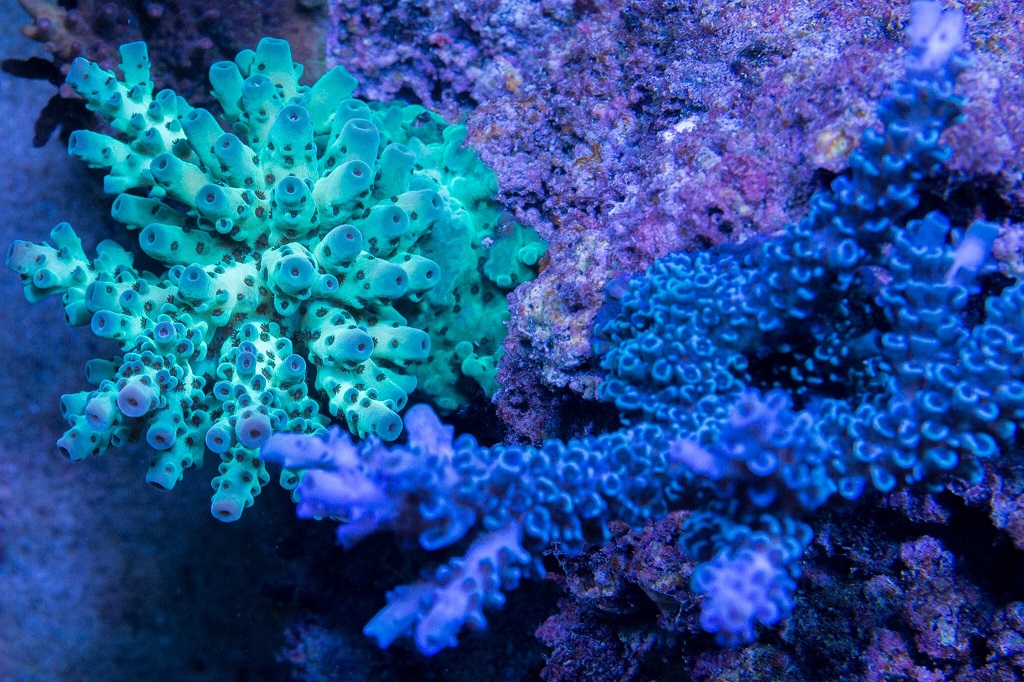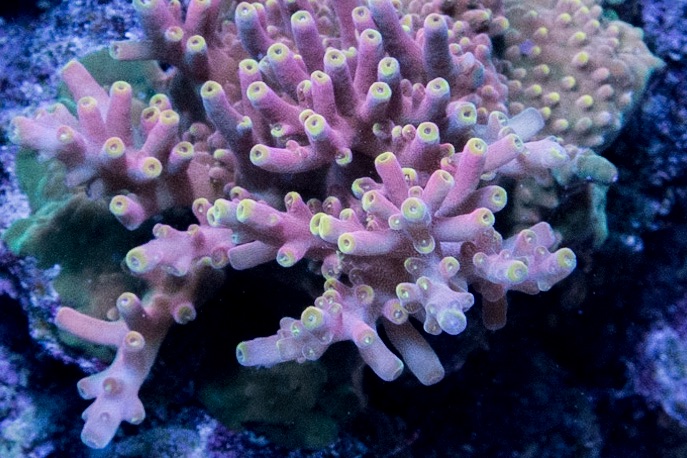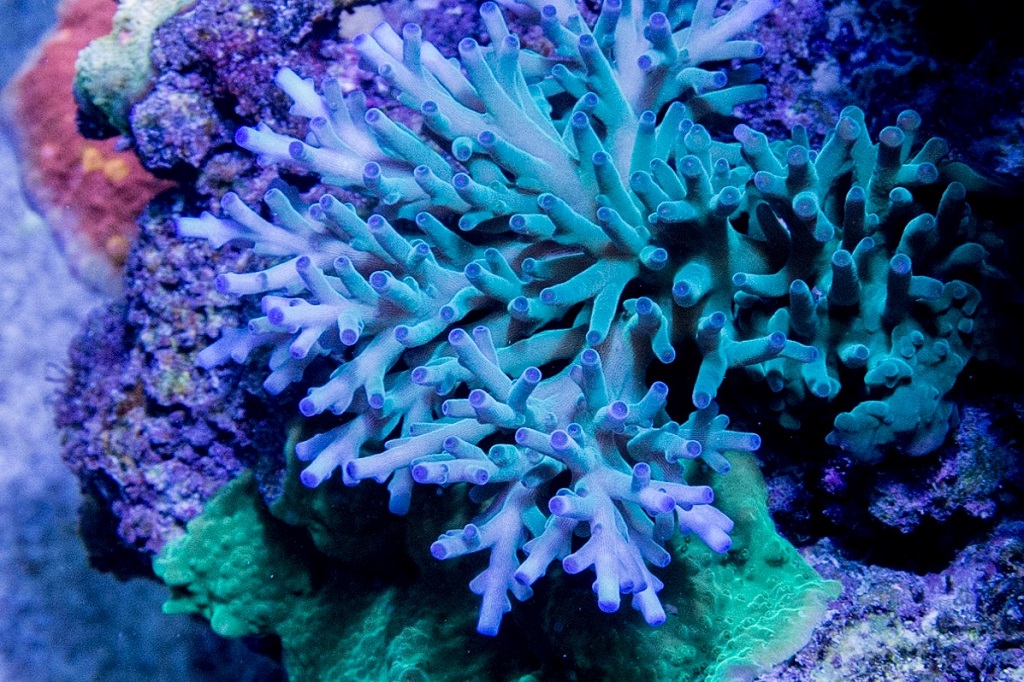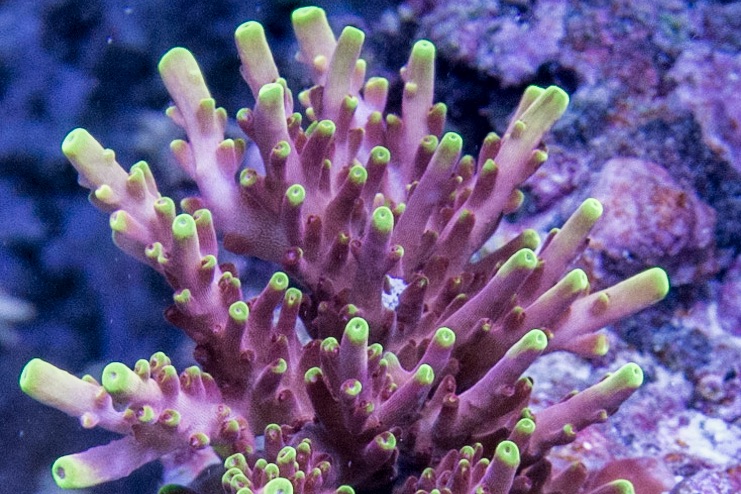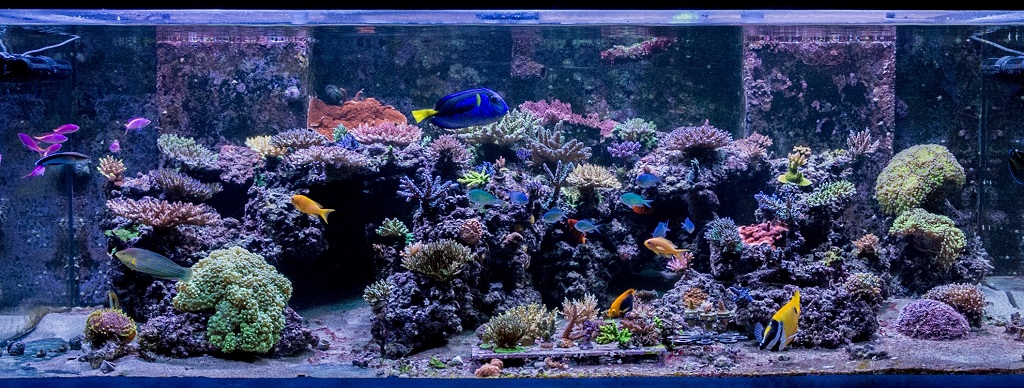I would like to make up an 8 oz solution using the spectracide stump remover. How many teaspoons do you add to make up the solution?
Links from a thread I have referenced for dosing spectraside.
Question about Spectracide Stump Remover dosing
@twilliard has a thread going with a link to it in the above thread but I can't seem to find it.





